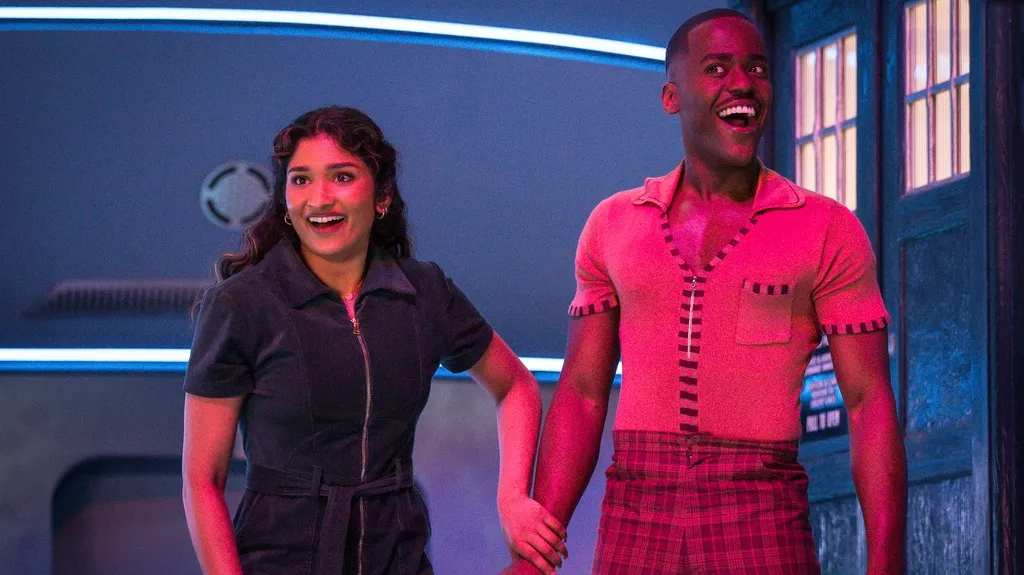July 8, 2016
Takei: Making Sulu Gay in Upcoming 'Star Trek' Film is 'Unfortunate'
READ TIME: 2 MIN.
News that the upcoming "Star Trek" movie, "Star Trek Beyond" would feature an openly gay Mr. Sulu, had fans and LGBT activists lauding the move to finally include a non-heterosexual character. Surprisingly, George Takei, who created the role in the iconic '60s TV series found the move "unfortunate."
According to BBC, Takei, 79, says he played the character as heterosexual for decades, despite never having an on-screen love interest. And while he welcomed a gay character in the franchise, he found it was "a twisting" of creator Gene Roddenberry's original vision.
"I'm delighted that there's a gay character," Takei told the Hollywood Reporter. "Unfortunately, it's a twisting of Gene's creation, to which he put in so much thought. I think it's really unfortunate."
And while news of the gay Sulu in the upcoming film broke yesterday, Takei has known about it for a while. After learning a year ago of the development from actor John Cho, who plays Sulu in the film, he's tried to persuade the writers to leave Sulu as is and create a new gay character.
"Be imaginative and create a character who has a history of being gay, rather than Sulu, who had been straight all this time, suddenly being revealed as being closeted," Takei said.
Screenwriter Simon Pegg, who wrote the Sulu development as an homage to the LGBT activist, took issue with Takei's objections.
"I have huge love and respect for George Takei, his heart, courage and humour are an inspiration," Pegg wrote in a statement released Friday. "However, with regards to his thoughts on our Sulu, I must respectfully disagree with him."
Pegg, however, agreed partially with Takei's objection. "He's right. It is unfortunate, it's unfortunate that the screen version of the most inclusive, tolerant universe in science fiction hasn't featured an LGBT character until now," he wrote. "We could have introduced a new gay character, but he or she would have been primarily defined by their sexuality, seen as the 'gay character,' rather than simply for who they are, and isn't that tokenism?"





